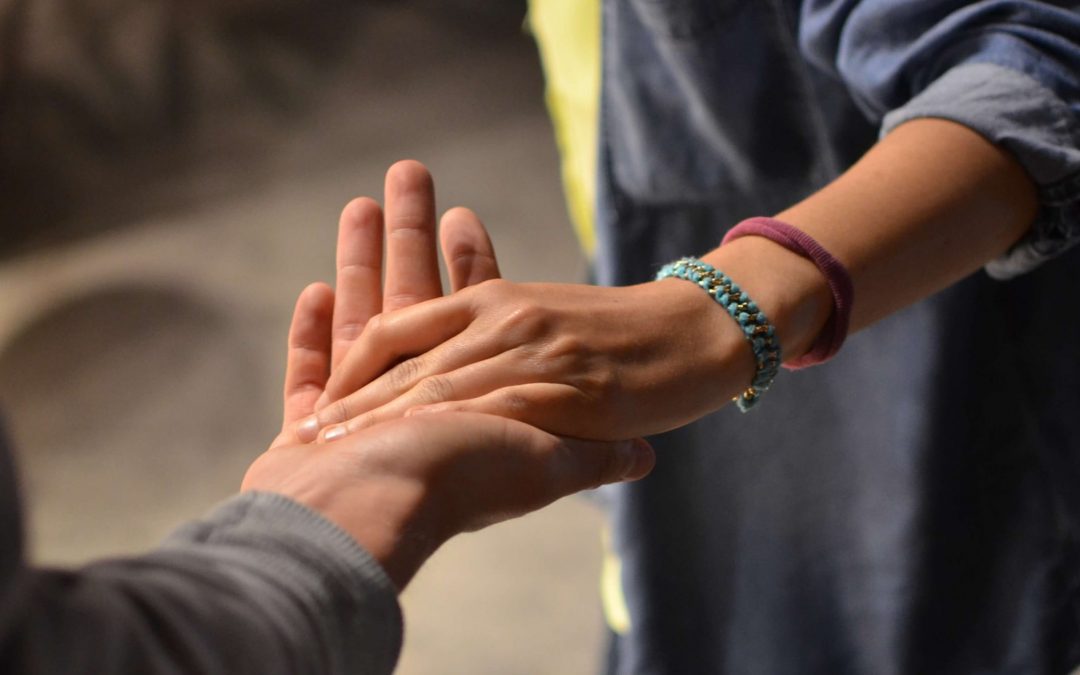The Impact of Suicidality for Family and Friends
This webinar is for family members who have experienced, witnessed or learned about their loved one’s suicide attempt and may have increased distress, grief, overwhelming worry or fear about their loved one’s safety, increased alertness or hypervigilance, and uncertainty about how to respond to their loved one’s behaviour. Family members often find themselves anticipating the next crisis, without a chance to recover or process the previous one.
A recent research study has indicated that these difficulties are related to trauma and stress responses. In fact, nearly half of family members who participated in the study met criteria for PTSD after experiencing a traumatic suicidal crisis. So it is clear, these families need additional support.
Special Guest Presenter
During this ONE HOUR webinar, Dr. Luciana Payne will discuss the impact of suicidality for family members and describe how trauma and stress responses impact the family system. This webinar will also include a faciliated discussion followed by a Q&A session.
When: Thursday, 25 July 2019 at 7.30pm (Adelaide time) and 8.00pm in Sydney
Where: On-line Webinar using Zoom (instructions will be emailed to you)
Hosted by: NEA.BPD
Tickets: Click here to reserve your ticket
More posts like this:
Browse our Website by Subject
Main Subjects: Caring for Someone with BPD, Events, Getting Help, Living with BPD, Research, BPD in the Media
Other Subjects: Advocacy, BPD Awareness Week, Couples and Families, Family Connections Course, National BPD Conference, New Member, Sanctuary Meetings, Treatment, Validation, What is BPD
Are you new to all of this? click here
This website is produced by members of the Sanctuary Support Group. We are not mental health professionals nor clinicians. We are ordinary people who care for someone with BPD. This website is a collection of information that we have found helpful or of interest in the context of our own lived experiences. The content of this website is not a substitute for independent professional advice, diagnosis or treatment.
If there is a problem with our website, please contact us here

